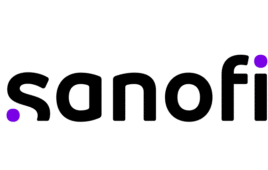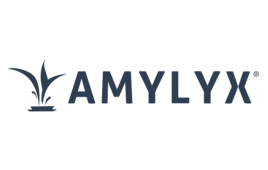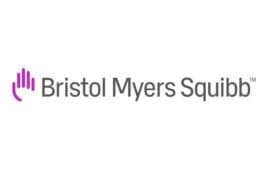
Noonan Syndrome (NS) is a rare genetic syndrome typically evident at birth and often linked to early-onset severe heart disease. NS is part of a group of diseases termed RASopathies that are caused by activating mutations of proteins belonging to the Ras and mitogen-activated protein kinase families.
In a new study, researchers at Université de Montréal and CHU Sainte-Justine Research Center show that a MEK inhibitor called trametinib can reverse hypertrophic cardiomyopathy (HCM) and valvular obstruction in patients with RIT1-associated NS. The groundbreaking research is published in the Journal of the American College of Cardiology.
“Up to this finding, our therapeutic options were limited to surgery, including heart transplant, and symptomatic relief with medication,” said the study’s author, Dr. Gregor Andelfinger, a pediatric cardiologist at CHU Sainte-Justine, a researcher at Sainte-Justine University Hospital Research Center in the fetomaternal and neonatal pathologies axis, and an associate research professor in the pediatrics department of Université de Montréal.
“Trametinib treatment is the first approach specifically targeted to the molecular cause of RASopathies,” Andelfinger said. “While our numbers are still very limited, we report the first patients in whom we were not only able to stabilize, but to reverse the disease of the heart. These results pave the way for larger trials, which are now needed.”
Dramatic Improvement
Infants less than six months old with NS, HCM and congestive heart failure normally have a poor prognosis, with a one-year survival rate of 34 percent. In the new study, the Sainte Justine clinical teams used trametinib, an inhibitor targeted specifically against the activating nature of the mutations, to try to treat NS in two patients.
They observed dramatic improvement of clinical and cardiac status in the patients only three months after treatment. Hypertrophy regressed in both patients, with sustained improvement over a total of 17 months of treatment, and normalization of laboratory values. One of the patients, who required ventilation, could be extubated after six weeks of treatment. Both patients showed better overall growth after treatment was started.
“The findings described in this report suggest that a life-threatening form of heart disease affecting young infants might be treatable, which, if true, would be unprecedented and so meaningful for the families whose lives this devastating problem touches,” Dr. Bruce Gelb, director of the Mindich Child Health and Development Institute at the Icahn School of Medicine at Mount Sinai, in New York City, commented. “Now we need to perform a proper clinical trial to prove that this drug is definitely working for this particular problem.”
A Promising First
Although the study was limited to two patients, given the promising results these outcomes suggest that MEK inhibition merits further study as a mechanistic treatment option for patients with RASopathies, the researchers believe. The study raises important questions for the treatment of such cases, in particular with respect to long-term efficacy and impact on other RASopathy manifestations.
Because of the role MEK plays in signaling heart growth, Gregor Andelfinger believes studies with a larger number of participants are now required to evaluate long-term side effects, optimal dosing and optimal treatment windows as well as investigate this treatment for other types of heart disease. It is conceivable that MEK inhibition may prove most effective during a fixed time window before the onset of irreversible cardiac remodeling in RASopathies, including those caused by genes other than RIT1.
Filed Under: Orphan Drugs



